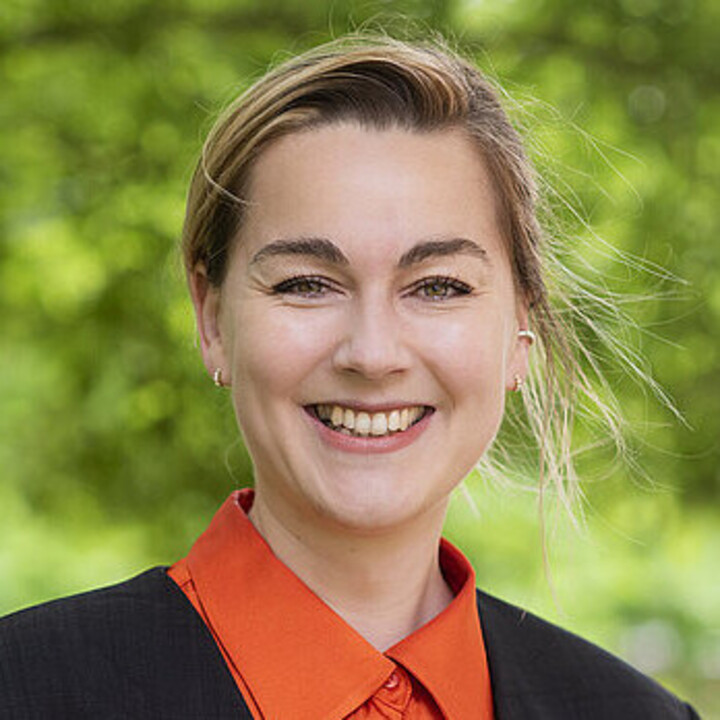Johanna Arlinghaus

Hertie School
The effect of framing on policy support: Experimental evidence from urban policies
Monday, May 5, 2025 –05:15 – 06:30 PM (CEST)
This session will be held as a hybrid event. To join in person, you can come to room O 131 (i.e., room 131 on level 1 of the east wing of the castle). To join virtually, please register in advance using this link.
Seminar Abstract
Do citizens support policy instruments because they appreciate their effects or because they are convinced by their objectives? We administer a large-scale representative survey with randomised video treatments to test how different policy frames – time savings, health and environment – affect citizens' attitudes towards urban tolls in two large European metropolitan areas, Berlin-Brandenburg and Paris-Ile de France. Providing information on air pollution increases support by up to 11.4%p, information on climate change and time savings increases support by 7.1 and 6.5 %p, respectively. We also examine treatment effect heterogeneity across population groups and the support of different systems to recycle revenues. A causal mediation analysis demonstrates that the observed changes in policy support are framing effects and do not operate via changes in beliefs about policy effects. Thus, we exhibit a new effect in public opinion about economic policies: Different specified objectives for the same policy design can affect citizen's views differently. Targeted information to specific population groups could hence significantly alter policy support.
Speaker Bio
Johanna Arlinghaus is Assistant Professor of Economics and Sustainability at the Hertie School. Johanna is an environmental economist with a focus on fiscal and climate policy. Methodologically, she uses econometric methods for causal inference and large micro-level datasets to evaluate policies. Before joining Hertie, Johanna was a postdoctoral researcher at Oxford University. She completed her PhD in Economics at TU Berlin and the Mercator Research Institute on Global Commons and Climate Change, and she worked as an economist at the OECD Center for Tax Policy and Administration for more than four years prior to her PhD. While at OECD, she designed and led projects on energy and carbon taxes, and emissions trading systems, in close exchange with national policy makers. Johanna holds a BSc degree in Economics from Maastricht University, and an MPP from the Hertie School.
Admission information
The seminar is open to the public. To receive invitations for upcoming seminar talks, please sign up for the mailing list via this form.